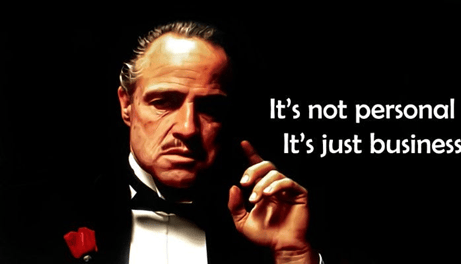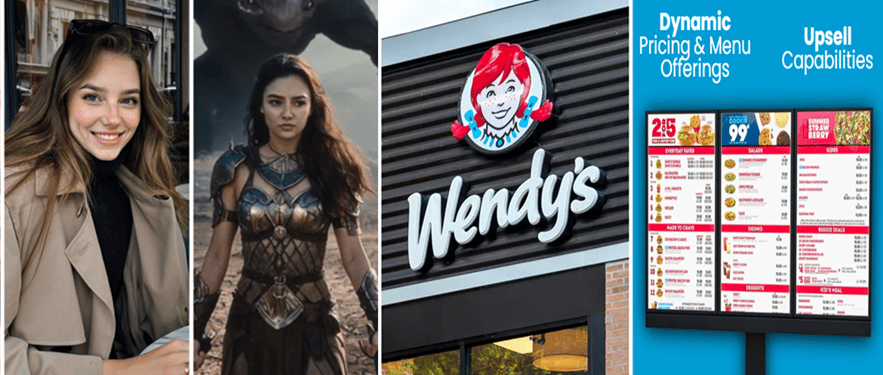Friends of Branded!
Happy Saturday and I hope you had a great week.
Let’s not mess around this week. You’ve all seen the headlines in response to Tilly Norwood, the AI-generated character (or should I call her (or it) an “actor”) created by Xicoia (the AI division of Particle6) and the swift reaction by Hollywood. In case you missed it (maybe you were busy watching the Yankees vs Red Sox AL wildcard series? JB, too soon?), Hollywood and specifically the actor’s union, SAG-AFTRA, and an array of prominent actors, don’t like this and has condemned the project.
I haven’t seen such a swift and negative reaction to a potential embracement of technology since, oh, I don’t know, Wendy’s announcing the potential use of an AI-driven dynamic pricing strategy, which resulted suddenly “surge fries” trending on Twitter (that’s right, I’m still calling it “Twitter,” just like I still call Citi Field “Shea”).
So, in both cases, the backlash was immediate and visceral, which begs the question: why are the Hollywood and Hospitality industries held to a higher standard than other industries when it comes to AI?
In an effort to make sure nothing is lost in translation, as a professional who is all-in on the hospitality industry (unless Hollywood would like to give me a call), there will be no “victimization” here, no complaints, and certainly no tears. I knew what I was getting into when I made this industry my priority and focus. I’ll go further and share with all you good people, as I’ve said time and time again, this industry is different. For those that have heard me talk about Branded’s investment strategy, I’ve acknowledged that that there are graveyards full of tombstones with the words under the name of the beaten investment manager, “believed it was different this time.”
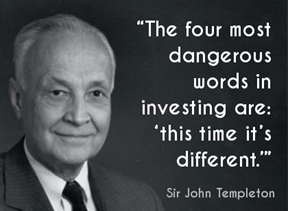
I submit to you, as piece of evidence #68, the backlash of Wendy’s potential use of dynamic pricing along with our cousins from the Hollywood industry, and the backlash they’re facing over the synthetic actress, Tilly Norwood. There are industries that are held to different and in this case, to higher standards when it comes to the engagement of its guests / audience and in this current environment, the use of technology, innovation and AI.
Wall Street trades on algorithms.
Airlines live on dynamic pricing.
Logistics run on AI forecasts.
The backlash? The public takedown? Nope. Not a thing. Nothing!
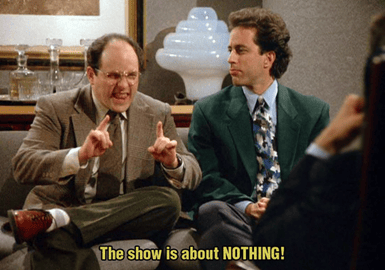
These and other industries have been using AI for years without raising any meaningful outcry.
Why is that you ask? Great question.
In the above-mentioned industries (and so many others), the use AI isn’t “seen” as replacing humanity but rather is viewed as improving efficiency. Customers and clients of these industries accept the embracement of AI as part of the system and “just the way things work.” Paying more for an airline ticket b/c of time of day you’d like to fly, that’s standard operating procedures.
Hollywood, Hospitality, and an extremely short list of other industries are held to a different standard.
Hollywood is already warning that the talent agency that signs Tilly Norwood should expect to be “canceled.”
But here’s where the rubber meets the road and why some industries are in fact different. In Hollywood, actors don’t just perform, they embody our stories, emotions, and shared experiences. Replacing actors with lines of code feels personal to us and as if someone is erasing something that is sacred. This isn’t a backlash against the efficiencies that AI generated actors can create, but rather identity and soul. This isn’t business. This is personal.
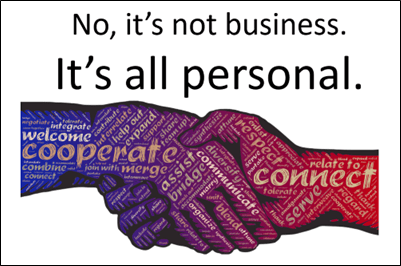
On the Hospitality side of the coin, when Wendy’s floated the idea of AI-powered dynamic pricing, the outrage wasn’t just about the issue of guests potentially paying more at any given time, it was about trust. Restaurants are expected to be the most human of all industries, places of welcome, comfort, and fairness. To our guests, playing games with menu prices feels like a violation of the hospitality promise which invites our guests to come as you are, and be cared for equally.
The double-standard is clear and it’s important. When it comes to AI-solutions delivering efficiencies for so many industries, we cheer and celebrate their “successes.” On the other hand, we protest the use of AI in Hollywood and Hospitality b/c these industries sell human connection. Hollywood trades in stories and emotions. Hospitality trades in care and fairness.
From this vantage point, AI threatens the very essence of what makes Hollywood and Hospitality different. Replacing “humans” with “machines” feels like a contract with our audience and guests, respectively, is being broken.
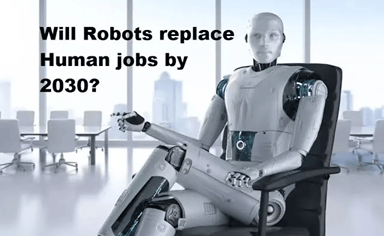
But let’s be real, seriously, let’s have a real moment together, AI is already in the Hospitality and Hollywood industries, and this is only going in one direction. Sorry not sorry, there will be MORE use of it!
Neither industry can ignore the double-standard and to the contrary, both industries need to embrace it. AI is without question coming for repetitive tasks in all industries (including Hospitality and Hollywood). In Hospitality, its already addressing scheduling, ordering, forecasting and the momentum is only building. In Hollywood, AI is already used in visual effects (de-aging, and background generation), editing (AI identifies best takes and assembles rough cuts) and marketing & distribution (audience predictions, and localization).
The challenge for the Hospitality and Hollywood industries, or maybe the “art,” is how to balance what happens when AI gets closer to the guest and audience experience itself. That’s a fine line or maybe a defining line that needs to be carefully managed.
Hollywood was just provided with a clear message: you can use AI behind the curtain, but if you bring it onto the stage, you should be prepared to face pitchforks.
Hospitality, thanks to Wendy’s, was provided a similar message, you can use AI in the back of house, but if you put it on a menu board and try to charge me a different price, I’m going to protest.
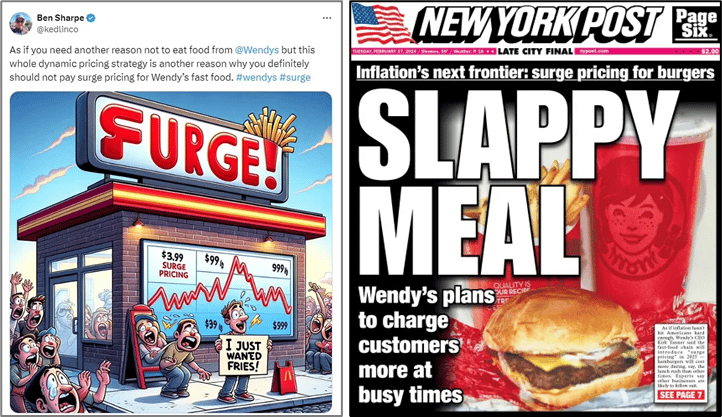
The message here isn’t whether to use AI-solutions in our respective businesses, but where and how to use these tools without breaking the unwritten contract we have with our guests & audiences, which is a human promise that’s expected of certain industries.
While I haven’t focused on it today (b/c I’m trying to embrace the feedback of the need to tighten up my Top of the Fold article), there’s a big jobs issue here, but that will be a topic of another day.
To be clear, a few hundreds of thousands of jobs at tech companies have already been cut in 2024 and 2025, with some level of attribution being given to AI. As a result of the ambiguity when it comes to corporate explanations regarding layoffs, there is no reliable source that I could find that ties job losses being directly related to the advancement and embracement of AI. That said, some pretty smart and well-regarded companies, are predicting job displacements as a result of automation and these include, but aren’t limited to 400 to 800 million by 2030 (McKinsey), 92 million in the next 5 years (The World Economic Forum); and 300 million “over time” (Goldman Sachs).
The fact that so many jobs have already been lost and millions more are expected to be lost in connection with AI-solutions without public outcry only reiterates my point that the public is prepared to embrace and I dare say welcome the efficiencies that comes from innovation and specifically AI, but there’s that “line” that guests and audiences don’t want to see or won’t accept being crossed.
Here’s my final thought on this (for today).
While Hospitality and Hollywood are more personal than other industries when it comes to its relationship with its customers (again, we call them our guests and audiences respectively), these are in fact businesses.

Every time I call it a business, you call it a game!
And Every time I call it a game, you call it a business!
Guest and audience acceptance matters a great deal and that, more than anything else, that’s what will represent the line when it comes to how much innovation and AI will ultimately be acceptable. The economic drive, however, for adoption appears to be almost overwhelming in favor of the full embracement of AI solutions and in the case of Hollywood, the adoption by studios of AI-actors as extras, in background roles or even in lower-tier productions, seems obvious.
Of course, there are legal issues here and ethical ones as well, but when there’s such large sums of money at stake, you have to expect at least some hybrid and transitional use of the tools as the next logical step.
Where it goes from there, well. let’s hold off on that for now. We’ve all got some (Gregorys 😊) coffee to drink this morning as we roll into the weekend!
It takes a village.
